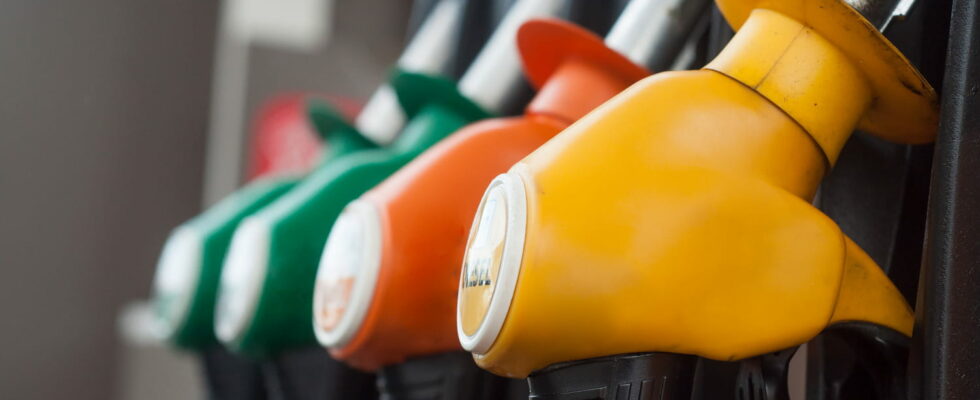After a continuous decline since last spring, fuel prices have increased again since the beginning of October. And this trend could increase soon with new regulations.
Energy prices in general and fuel prices in particular have soared since the start of the war in Ukraine in 2022. Even if prices have since fallen, they remain much higher than they were in the past. Fuels in particular have never returned to their level before the Covid-19 health crisis, which broke out at the beginning of 2020.
In 2024 in France, although fuel prices have been gradually falling since the spring, after a peak in April, they have unfortunately started to rise again since the beginning of October. This is very bad news for French motorists, particularly during this All Saints’ Day school holiday period.
According to figures from the site prixdubaril.comthe cause is the rise in the price of Brent oil, the “reference barrel” in Europe, whose average price stood at $78.62 over the last week, compared to $74.02 in September. An increase due to current tensions in the Middle East, a sensitive region where the main oil-producing countries are located. This fluctuation translates concretely into an increase in the average price per liter of 3.26 cents for diesel, 2.10 cents for SP95-E1 and 1.78 cents for SP98. But we are already seeing increases of more than 7 cents at certain gas stations.
This trend could unfortunately continue until the end of the year, with energy and fuel prices tending to rise throughout the fall and winter periods. Furthermore, another danger also threatens the wallets of European drivers in the longer term: the creation of a second carbon market within the European Union.
As our colleagues from Journal du Net explain itthe EU wishes to set up, as part of its plan to reduce greenhouse gas emissions, a second market for trading CO2 emissions quotas. This new system would this time concern energy consumption in the building and road transport sectors, without distinction between businesses and households.
If these new CO2 emissions quotas seem a priori unrelated to prices at the pump, this is not the opinion of the Court of Auditors. According to the institution’s initial analyses, the establishment of this new carbon market would lead to an increase of 10 to 11% in the price of fuel, representing an additional expense of several hundred euros per year for motorists.
Even if the implementation of this new carbon market is not planned before 2027, the anticipation of its arrival by the economic players concerned could already have effects on fuel prices. French and European motorists will therefore find themselves caught in the crossfire in the coming years, between the volatility of oil prices and environmental regulations.
